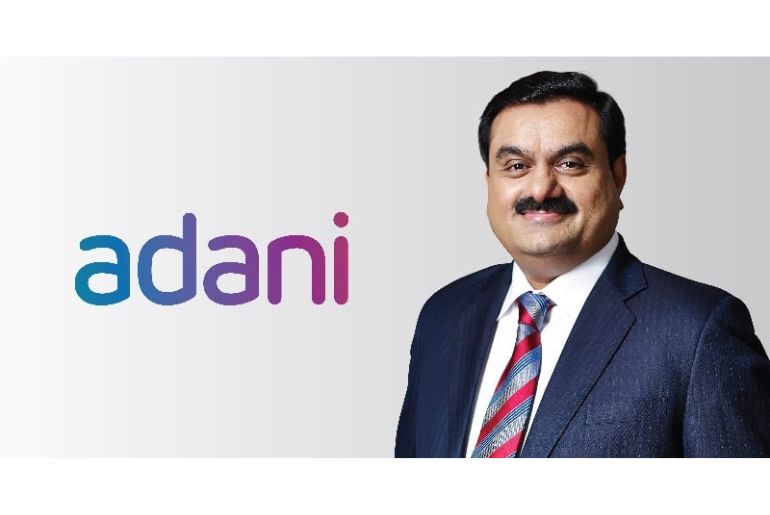In a potential game-changing development for India’s clean energy landscape, Adani Group Chairman Gautam Adani recently visited the headquarters of Chinese battery giant Contemporary Amperex Technology Co. Limited (CATL), signaling what could be the beginning of a strategic partnership aimed at bolstering India’s domestic battery manufacturing ecosystem.
The high-profile visit included a tour of CATL’s advanced “Cell + Module + Container” production lines and discussions around the company’s latest developments in lithium-ion and sodium-ion battery technologies. According to sources familiar with the matter, the meeting was more than ceremonial, with talks reportedly focusing on potential collaboration models ranging from joint ventures to technology licensing.
This development coincides with the anticipated surge in India’s battery demand, projected to surpass 120 GWh by 2030. With recent government policy changes, including the waiver of import duties on battery manufacturing machinery under the Finance Bill, the environment appears ripe for a large-scale battery manufacturing venture.
Industry experts believe that a partnership between Adani and CATL could result in the creation of a large factory in India that specializes in lithium iron phosphate (LFP) batteries, which are cheaper, safer, and last longer. This move could significantly reduce India’s reliance on imported battery cells and help meet the surging demand for electric vehicles (EVs), renewable energy integration, and industrial energy storage.
Beyond EVs, the alliance could enhance Adani’s existing renewable energy operations by incorporating CATL’s battery storage systems in containers. This could help stabilize India’s power grids and provide peak load support, especially for solar and wind energy installations.
A collaboration would also allow for critical technology transfer, giving India access to cutting-edge battery research while navigating geopolitical sensitivities around Chinese investments through a licensing or joint venture model, rather than direct equity participation.
Experts note that India’s standalone battery energy storage system (BESS) tenders have already reached 6.1 GW in the first quarter of 2025 alone, demonstrating the urgent need for local supply chains.
If formalized, the partnership could accelerate India’s journey toward becoming a global battery manufacturing hub—supporting national goals under the Production Linked Incentive (PLI) scheme and helping the country stay on track to meet its net-zero emissions target by 2070.
While no official agreement has yet been announced, industry watchers believe the signs point to a significant shift in India’s battery production landscape, with Adani positioning itself at the center of this transformation.

